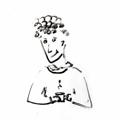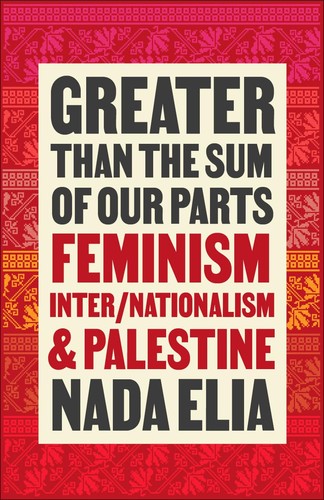ralentina reviewed Greater Than the Sum of Our Parts by Nada Elia
...And yet I agree with 95% of what it says
2 stars
Nada Elia sets out to accomplish something very necessary and ambitious: chart the connections between interrelated struggles across the globe, with a focus on the connections between Palestine and US indigenous struggles. In give-or-take 150 pages, she touches upon the problems with white feminism, pink washing, policing, land appropriation, health and reproductive rights, Apartheid, environmentalism and conservation, and food sovereignty, among others.
Necessarily, the book stays on the very surface: mentioning a given issue, sometimes providing an example, and then moving on. I get that the book is for a general, not particularly-informed audience, who may never had thought about these issues before, and that simply mentioning the connection can motivate them to do their own research. But if this is the idea, then I still lack a bit more rigorousness and precision in explaining concepts and phenomena around which entire literature exists. Some examples: when Elia discusses land restitution and the quest for indigenous sovereignty, at points she claims this means independence, at points she suggests indigenous activism aims to transcend a nation-state framework. These are two completely different things. If the situation in North America is somewhat similar to Latin America, then both positions exist and are a matter of debate and division within indigenous movements; but Elia never gets to this level of nuance, and indigenous movements are always united and right. This sort of imprecision / lack of interest for all that is grey, uncertain or worth debating also surfaces in a lot of throw-away comment, as when, in a fully-justified and righteous critique of the US settler-colonial mindset, she throws under the bus apple pie, on the ground that apples are not originally from the Americas (really? then no tomatoes for Italy, no chilli peppers for India, no sugar for the Caribbeans?), and the pie is 'more calorific than nutritious' (whose apple pie? what's wrong with calories? what does that even mean?). Nada, let the apples be.
Taking the time to explain in a simple but nuanced way how Palestine connects to other struggles would be an extraordinary accomplishment, and one that requires a lot of reading, time and dedication on the part of the author, because explaining things well always does. I don't feel Nada Elia quite manages.

